I’ll Save Anambra From Calamity – Ukachukwu




The winners, budding entrepreneurs developing innovative solutions across various business value chains including fashion design, bag making, pastry making, event management, beauty, vegetable farming, and more, emerged tops after participating in a business pitch competition held recently for Batch A Stream 2 across 10 NYSC Orientation Camps in Cross River, Niger, Abuja, Nasarawa, Taraba, Kaduna, Plateau, Jigawa, Anambra, and Lagos States.
At the NYSC Orientation Camp in Ipaja, Lagos State, corps member Adeniyi Stephen Gbemininyi, who pitched a fashion design business, emerged as the overall winner, clinching the ₦800,000 grand prize. Kolawole Opeoluwa Darasimi, a budding bag maker, won a ₦500,000 grant, while Johnson Elizabeth Ene received a ₦300,000 grant to support her cake and pastry business.
Across the remaining nine states, 27 other winners also emerged after pitching business plans in diverse sectors such as fish production, poultry farming, fashion, soap and cake making, printing, piggery, beverage production, and more.
Over the past six years, the Unity Bank Corpreneurship Challenge has become an integral part of the NYSC programme, aligning with the Federal Government’s commitment to upskilling fresh graduates amid the growing dearth of white-collar jobs. The programme attracts thousands of applications from serving NYSC corps members, whose business plans are evaluated for originality, marketability, employability potential, and overall business acumen.
Speaking during the grand finale in Lagos, Unity Bank’s Divisional Head, Retail & SME, Mrs. Adenike Abimbola, said: “At Unity Bank, we believe that empowering young people to shape Nigeria’s economic future must be supported to provide longer-term sustainability. Through the Corpreneurship Challenge, we are not just providing funding, but nurturing a new generation of entrepreneurs equipped with the skills, resources, and confidence to create jobs and transform communities. The success stories we see year after year reaffirm our commitment to youth empowerment and SME development.”
She added: “The overwhelming interest and high quality of business ideas we receive in every edition demonstrate the incredible potential among Nigeria’s youth. We are proud to partner with the NYSC SAED to make these dreams a reality.”
The Corpreneurship Challenge has earned Unity Bank national recognition for its contribution to youth empowerment and job creation, attracting over 2,000 applicants per edition.
In partnership with the NYSC Skill Acquisition and Entrepreneurship Development (SAED) programme, the initiative features a business pitch competition that allows participants to present their business plans and win grants of up to ₦800,000.
So far, Unity Bank has invested over ₦100 million in the initiative, producing over 160 winners since its launch in 2019.

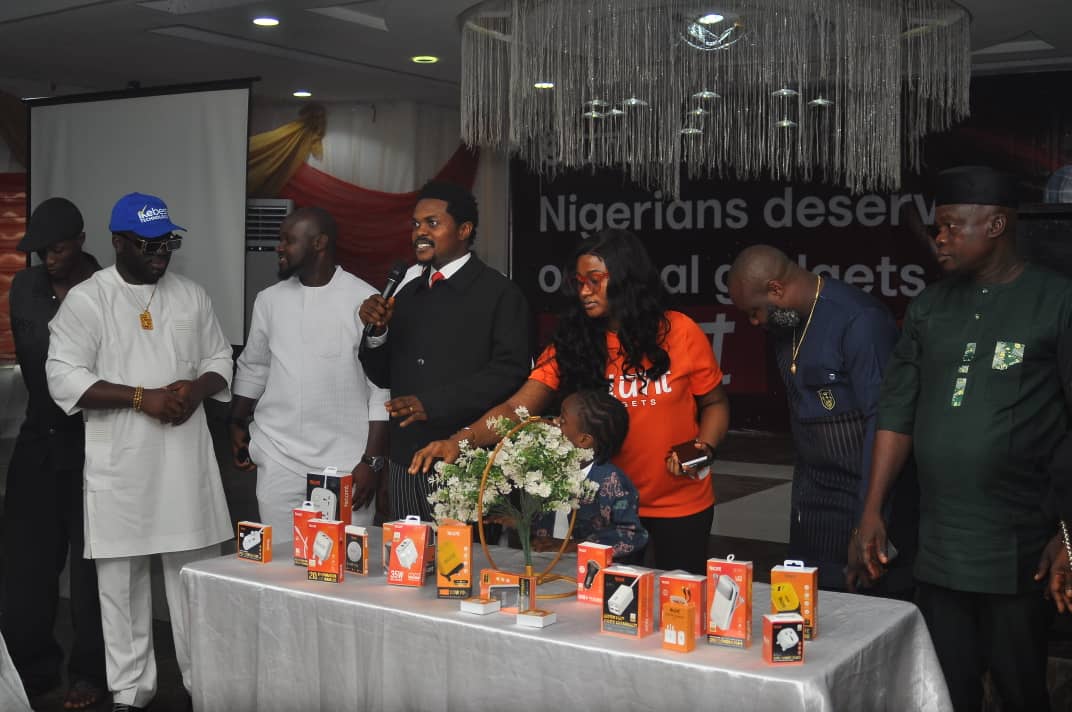
Union Bank of Nigeria Plc, a leading advocate for environmental sustainability and ESG in Africa, marked World Environment Day 2025 by partnering with the Nigerian Conservation Foundation (NCF) to host a high-impact symposium themed “Ending Plastic Pollution” at the Lekki Conservation Centre, Lagos.
The event brought together corporate leaders, environmental experts, and stakeholders to address the urgent challenge of plastic pollution and champion innovative solutions for a cleaner future.
The symposium featured thought-provoking discussions on the environmental and economic risks posed by plastic waste.
Speaking at the event, Union Bank’s Chief Brand and Marketing Officer, Olufunmilola Aluko, said, “At Union Bank, sustainability goes beyond banking. We are dedicated to empowering communities with knowledge and resources, like recycling initiatives to tackle plastic pollution and rejuvenate our environment.”
In line with this commitment, Union Bank extended its impact through an educational outreach in Lagos secondary schools, donating recycling bins and raising awareness about environmental preservation among young Nigerians.
These efforts are part of the bank’s broader UnionCares platform, which drives impactful Corporate Social Responsibility (CSR) initiatives across Nigeria.
The bank remains steadfast in promoting ethical business practices, social responsibility, and sustainable community development.
About Union Bank Plc:
Founded in 1917, Union Bank is a pioneer in the Nigerian financial industry, renowned for its “Simpler, Smarter Banking” and unwavering commitment to empowering individuals, businesses, and communities through innovative solutions and sustainable initiatives.
The Bank is a trusted and recognisable brand with an extensive network of over 300 branches across Nigeria. The Bank offers various banking services to individual and corporate clients, including current, savings, and deposit account services, funds transfer, foreign currency domiciliation, loans, overdrafts, equipment leasing, and trade finance. The Bank also offers customers convenient electronic banking channels and products, including Online Banking, Mobile Banking, Debit Cards, ATMs, and POS Systems.
By Amaka Obiefuna

Shell says it will continue to explore opportunities to invest in Nigeria as the country aims to achieve energy abundance.
Speaking at a panel session at the 2025 Nigeria Oil and Gas Conference in Abuja , Managing Director, Shell Nigeria Exploration and Production Company Ltd (SNEPCo) Ronald Adams referred to the expansion of its stake in the Bonga field, the FID on Bonga North and several other projects being considered including Bonga Southwest and HI as Shell’s vote of confidence in the future of Nigeria. But he declined to give specific timing on FIDs including that on HI.
Discussions at the panel session were based on the theme, “Pragmatically Achieving Energy Abundance,” and featured chief executives of oil companies and government functionaries who proposed steps towards achieving energy sufficiency as Nigeria targets net-zero emissions from fossil fuel by 2050.
Ronald said SNEPCo would build on its contributions to energy abundance by becoming more efficient and improve value across the value chain by working closely with the Nigerian Upstream Investment Management Services (NUIMS) and other stakeholders. “There is a requirement for us to push the envelope. We cannot rest on our oars,” he said.
He explained that Nigeria can achieve the ambition of net-zero emissions and at the same time provide cost-effective and efficient energy for a rising population by optimizing investments in hydrocarbon energy sources and quick renewable opportunities.
On the efforts of Shell towards net-zero emissions, the Managing Director said the company’s refreshed Powering Progress strategy aims to accelerate the transition “purposefully and profitably to low-carbon businesses by the early 2030s.”
He added: “It is important that government continues to support these efforts and those of other industry players through the right polices and creation of a conducive environment for businesses to thrive.”

GoBorderless.Africa enables users to place sponsored press articles directly with verified news outlets in multiple African markets, including Nigeria, Ghana, Kenya, South Africa, Egypt, and Côte d’Ivoire, all from a single, self-serve platform. Whether launching a new product, announcing a strategic partnership, running a perception campaign, or implementing a regional SEO backlink strategy, users can now browse a catalogue of top-tier publishers, view their pricing and publishing terms, and submit stories directly for review.
“For far too long, African communications professionals have had to work with fragmented, informal processes just to secure media placements,” said James Ezechukwu, Co-founder of SquirrelPR. “GoBorderless.Africa replaces that friction with structure, transparency, and speed – it’s modern media buying for modern storytelling.”
Publications available on the platform include TechCabal, Pulse Ghana, Nairametrics, The Africa Report, BusinessDay, Business Insider Africa, and others. Each listing includes the outlet’s name, pricing, turnaround time, and category – allowing users to build targeted, cross-border campaigns with speed and clarity.
Africa’s media landscape remains among the most fragmented in the world. Thousands of newsrooms operate independently across regions and languages, with no centralized pricing or editorial standards. As a result, communications teams often struggle to scale their visibility across multiple markets without relying on expensive PR agencies, ad hoc freelance agents, or inconsistent delivery timelines. Worse, payments to media partners are often difficult across borders, leading to project delays and failed executions.
GoBorderless.Africa bridges this gap. By centralizing discovery, pricing, publishing, and payment into one trusted platform, it helps agencies, government communication teams, and in-house marketers execute with confidence. It also offers media outlets a new revenue model by monetizing sponsored editorial space without compromising credibility.
“We’re enabling professionals to tell bigger stories, in bigger places,” Ezechukwu added. “And we’re giving African media a stronger bridge to the brands that want to support them.”
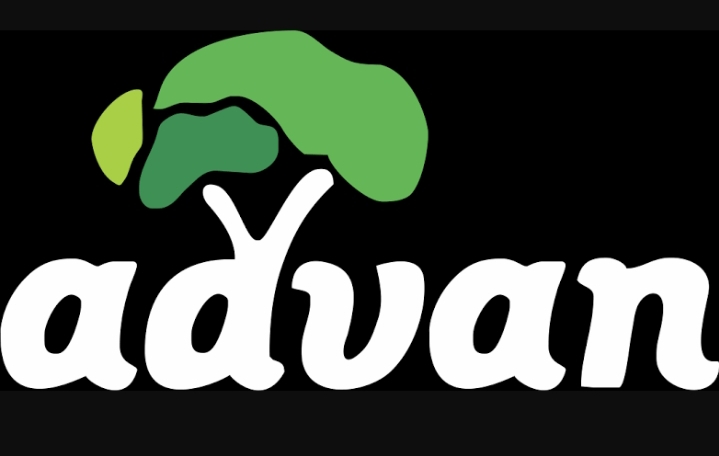
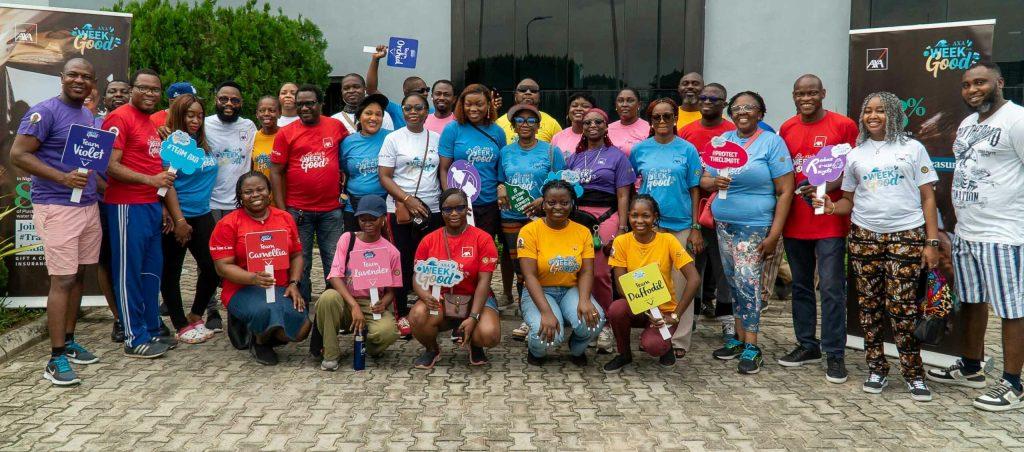
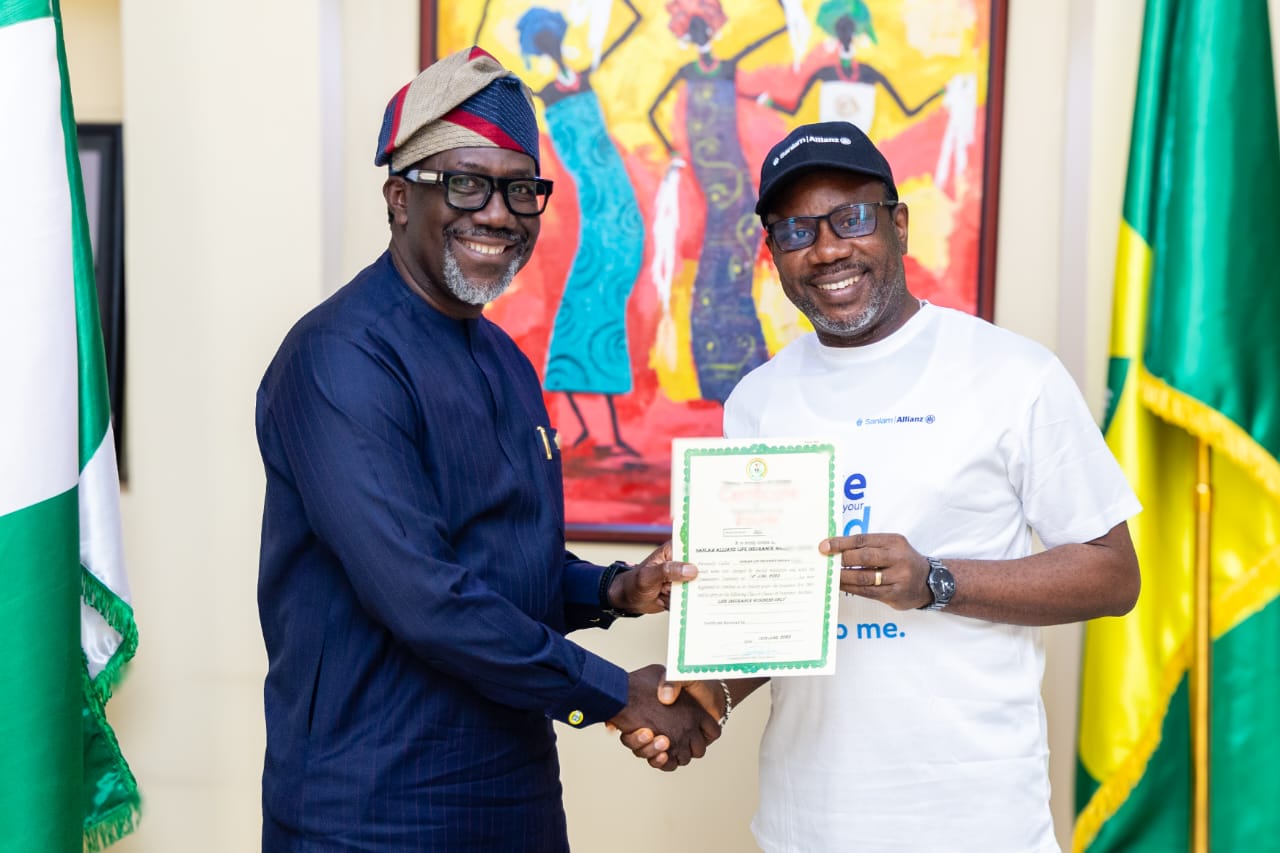
The National Insurance Commission (NAICOM) handed over new licenses to SanlamAllianz Life and General Insurance Nigeria Ltd. in a brief ceremony held in Abuja.
Commissioner for Insurance, Mr. Olusegun Ayo Omosehin, emphasized the Commission’s commitment to supporting the growth of insurance entities in the country, while ensuring strict compliance with regulatory requirements. He urged the companies to prioritize good corporate governance, stability, and timely claims settlement processes.
The Commissioner reiterated NAICOM’s dedication to removing unnecessary bottlenecks and improving the insurance industry’s overall performance. He expressed confidence that the merger would enhance the companies’ capabilities and contribute to the industry’s growth.
By Winifred Bosa
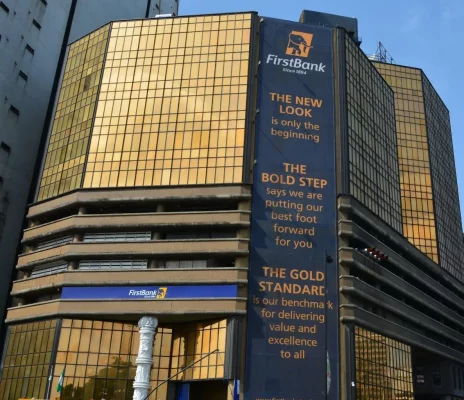
FirstBank, the West Africa premier financial institution and financial inclusion services provider has launched an advanced facial biometric technology on its mobile banking application- FirstMobile, along with other exciting features that includes:
• Facial recognition sign-up and activation
• Virtual credit cards for secure online shopping
• Instant credit card activation
• Flexible salary advances with 3-month repayment options
• General improvements, bug fixes,
These upgrades all aim to provide customers with a seamless, secure, and efficient digital banking experience.
The new facial biometric feature enables users to activate or register on FirstBank’s mobile app- FirstMobile securely, using facial verification. This feature also includes an advanced anti-spoof detection, to enhance customer account protection and ensure robust security.
This innovative solution effectively addresses the diverse needs of customers, including new customers, diaspora customers without cards, individuals with lost or expired cards, those who have opted out of card use, as well as customers facing card verification failures or lacking convenient access to card details.
This feature will provide seamless access to essential banking services, such as fund transfers and bill payments ensuring swift, reliable, and convenient transaction processing for all users.
The newly enhanced FirstBank mobile banking platform, FirstMobile, offers a comprehensive array of features and services designed to provide our customers with a seamless and innovative digital banking experience, no matter where they are in the world. With these substantial improvements, users can easily sign up and activate the app using just their face.
They can shop online securely with a virtual credit card that is instantly issued and always accessible within the app. Additionally, customers can activate their new credit card directly from the app to start spending immediately. They also have the option to access salary advances with a convenient 3-month repayment plan.
“With these new services now live on FirstMobile, we are confident we will undoubtedly enhance our customers’ digital experience.” remarked Chukwuma Ezirim, Group Executive, E-Business and Retail Products Division, FirstBank. “FirstBank is committed to innovative ways of delighting our customers so that they can carry out their transactions with no stress and with utmost convenience.
We understand the importance of keeping up with the evolving digital landscape, and we are dedicated to providing our customers with cutting-edge solutions that make banking simpler, faster, and more accessible. Our goal is to ensure that every interaction with FirstBank enhances customer satisfaction and builds long-lasting relationships”
To deliver on its promise of gold-standard banking services, FirstBank remains committed to advanced innovative solutions and robust secure security measures, to protect customer data and empower them to transact effortlessly and manage their finances effectively.